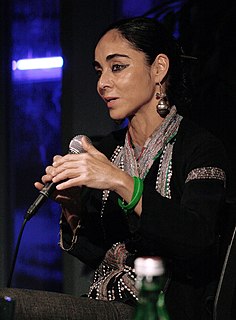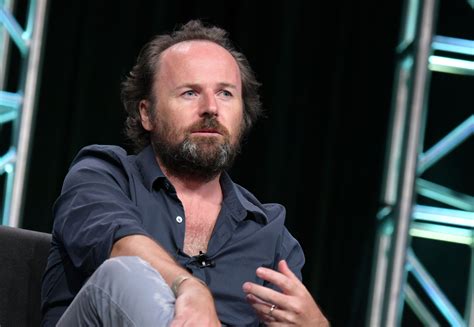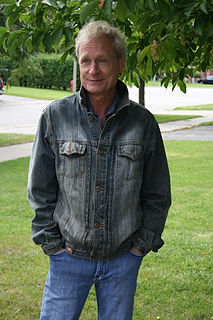A Quote by Sarah Charlesworth
I think that a symbolism is attached to particular images, becomes marked in the unconscious. To exorcise it, to rearrange it, to reshape it, to make it my own, involves unearthing it, describing it, deploying it inform, and then rearranging it.
Related Quotes
The collective unconscious appears to consist of mythological motifs or primordial images, for which reason the myths of all nations are its real exponents. In fact the whole of mythology could be taken as a sort of projection of the collective unconscious. We can see this most clearly if we look at the heavenly constellations, whose originally chaotic forms are organized through the projection of images. This explains the influence of the stars as asserted by astrologers. These influences are nothing but unconscious instrospective perceptions of the collective unconscious.
I am myself a professional creator of images, a film-maker. And then there are the images made by the artists I collect, and I have noticed that the images I create are not so very different from theirs. Such images seem to suggest how I feel about being here, on this planet. And maybe that is why it is so exciting to live with images created by other people, images that either conflict with one's own or demonstrate similarities to them.
There are constraints on what counts as "Reformed." It's more than a name or a label. It's about belonging to a particular theological stream or tradition, which is shaped in important respects by particular thinkers and their work, particular arguments and ideas, a particular community (especially, particular church communities, denominations, and so on), particular liturgies or ways of worshipping and living out the Christian life, and particular confessions that inform the practices of these communities.
What Warcollier demonstrated is compatible with what modern cognitive neuroscience has learned about how visual images are constructed by the brain. It implies that telepathic perceptions bubble up into awareness from the unconscious and are probably processed in the brain in the same way that we generate images in dreams. And thus telepathic “images” are far less certain than sensory-driven images and subject to distortion.
"Face Again" is actually the most George Saunders-y song. Basically the verses, I'm describing a world where love is being killed, and then in the first chorus, I'm sort of protesting it. It's like, "I don't think you know what's best for me." And then by the end, it's like I've given in, and it becomes very desperate.
When you're in a daze - whether it's from running or a hangover or whatever else - I think that ideas from your subconscious can slip through more easily. The way that I write songs, for what its worth, when I'm playing music, if it's good music it will bring images forward into my mind and then I'll write down what the images are and that becomes the lyrics. I think that process is just easier if the superego has just gone away in disgust for the day.
[Winning the White House was an achievement], but as an African-American, [Barack Obama], I think the symbolism is in how he conducted himself. The symbolism was in - and this sounds really, really small, but it's actually big for African-Americans - the symbolism was not in being an embarrassment, but to being a figure that folks were actually proud of.








































